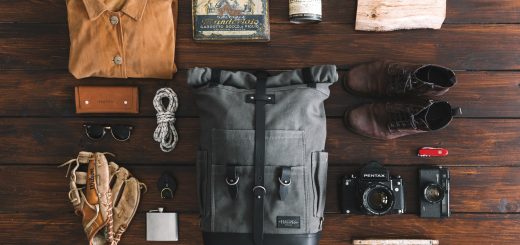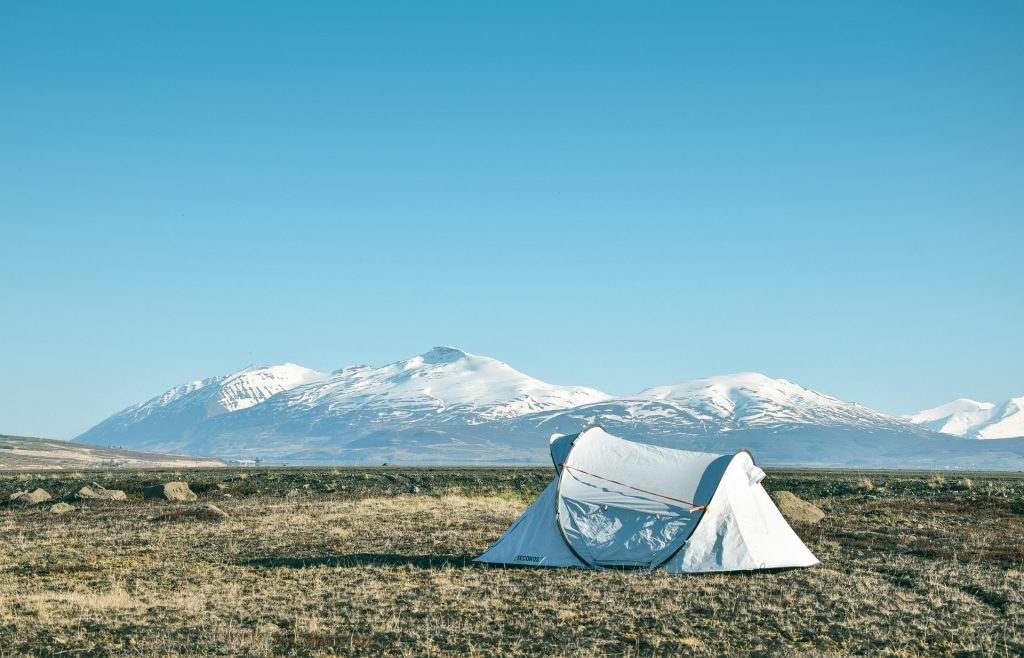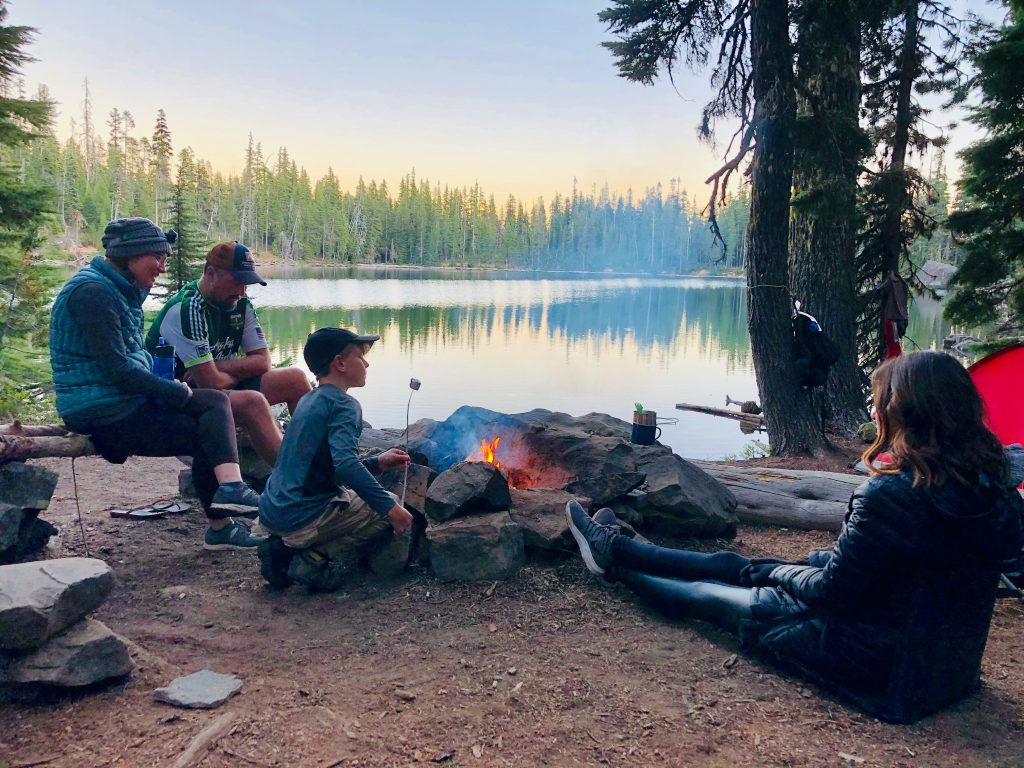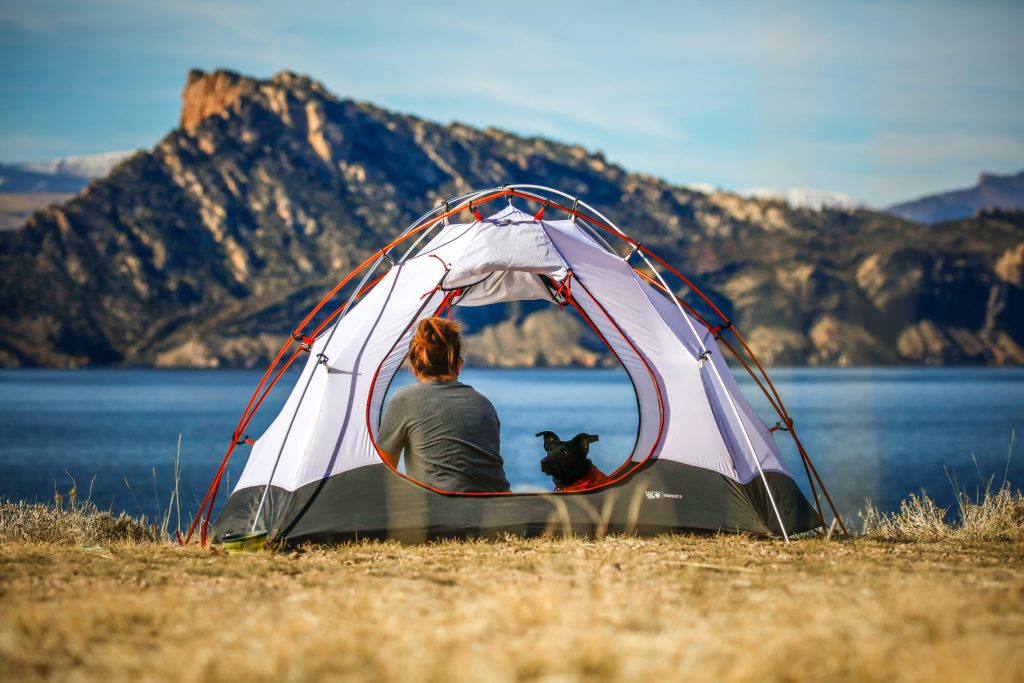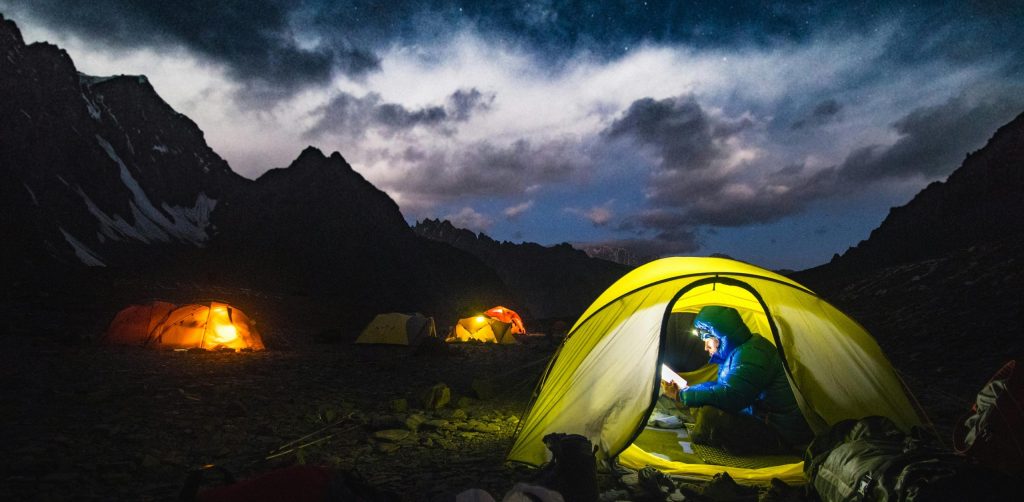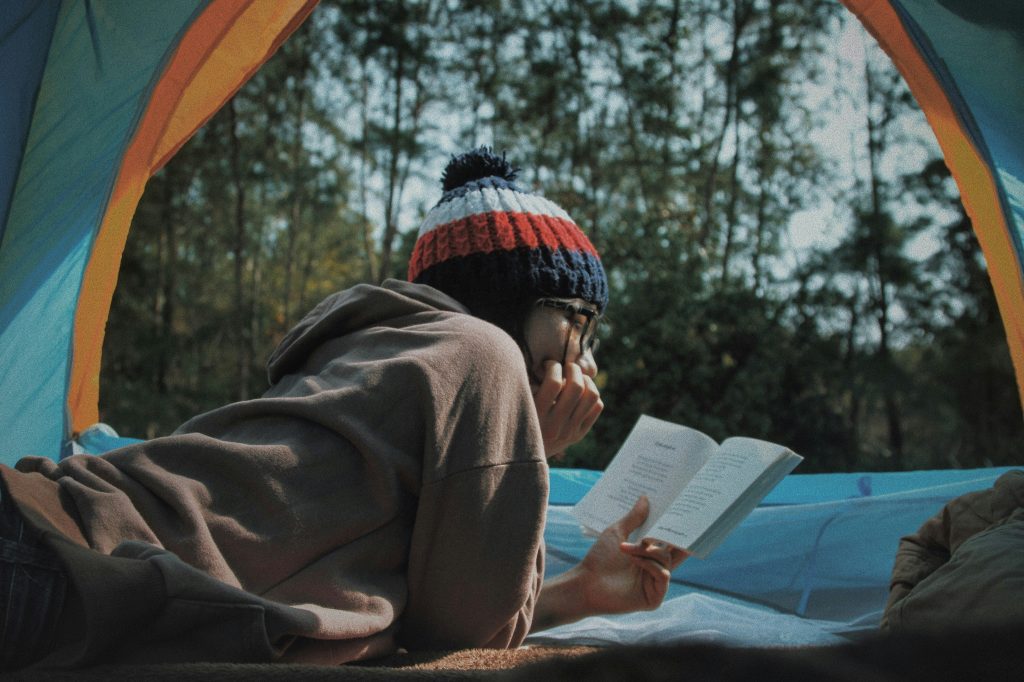Camping Challenges Every Outdoor Adventurer Faces (and How to Beat Them)

Camping is a thrilling escape into nature—but it comes with its own set of camping challenges. From unpredictable weather to forgotten gear, things don’t always go as planned. In this in-depth guide, we’ll walk through real-world problems and their practical solutions too.

How Do I Stay Dry When It Rains While Camping?
Q1. What should I do if it starts raining unexpectedly during camping?
Rainstorms are a common camping challenge, especially in forests or mountains. If it starts raining and you’re unprepared, quickly set up your rain fly, hang a tarp over your tent, and elevate gear off the ground using logs or rocks. Move any items inside the tent and keep your sleeping bag in a plastic liner to stay dry.
Q2. How can I prevent my tent from leaking during a storm?
Before your trip, spray your tent with a waterproof sealant and seal all seams. Always pitch your tent on elevated ground with the door facing downhill. Use a tarp beneath the tent, slightly smaller than the tent floor, to prevent water pooling under you.
Q3. Are there any quick waterproofing hacks for emergency use?
Yes! Apply duct tape over small holes or seams in your tent. Use garbage bags as emergency liners inside your backpack or sleeping bag. If water is dripping inside, place a plastic sheet over your tent and secure it with rocks or paracord.

How Do I Handle Bugs and Insects While Camping?
Q1. How can I keep mosquitoes and flies away from my campsite?
Choose a dry, breezy campsite away from stagnant water. Light a citronella candle or throw rosemary or sage into the fire—a proven camping hack to deter mosquitoes naturally. Keep your tent zipped and wear long sleeves at dusk and dawn.
Q2. What natural remedies can I use to repel insects?
Use essential oils like lemongrass, eucalyptus, and tea tree mixed with water and sprayed on your skin. Rub crushed mint leaves on your arms or place cloves of garlic around the tent perimeter.
Q3. How do I protect food from ants and other pests?
Store food in airtight containers or hang them from trees using a bear bag method. Avoid eating inside your tent. Dispose of trash properly and clean up food spills immediately.

What If I Forget Important Camping Gear?
Q1. What should I do if I forget a critical item like a tent pole or lighter?
Improvise using what’s available. A sturdy stick can replace a tent pole, and flint, cotton, or battery-spark methods can help start a fire. Borrowing gear from fellow campers is also a possibility if you’re at a populated site.
Q2. How can I prevent forgetting items in the future?
Create a customized camping checklist and check it off as you pack. Test your gear the week before the trip. Also, divide items into “essentials,” “comforts,” and “emergency” so you prioritize the right gear.
Q3. What are the most commonly forgotten items during camping?
People often forget: toilet paper, tent stakes, flashlights, insect repellent, and extra batteries. Keep these in a ready-to-go “essentials” pouch in your backpack for every trip.

What If It Gets Too Cold at Night?
Q1. How do I stay warm while sleeping outdoors?
Use a cold-rated sleeping bag and a foam or inflatable sleeping pad (the ground draws heat away fast). Layer up with thermal base layers, a hat, and dry socks before bedtime.
Q2. Can I safely use heaters or hand warmers in a tent?
Propane heaters like this one designed for tents can be safe, but only with proper ventilation. Chemical hand warmers are safer alternatives. Never use an open flame inside a tent—it’s a serious fire hazard.
Q3. What’s a trick to keep my feet warm overnight?
Place a warm water bottle at the foot of your sleeping bag. Avoid wearing sweaty socks—change into dry wool socks before sleeping. You can also line the bag with a space blanket.

How Do I Find Clean Water While Camping?
Q1. What’s the safest way to purify water from rivers or lakes?
Use a portable water filter, boil water for at least one minute, or use UV purification pens. Water purification tablets are also compact and effective in emergencies.
Q2. What if I can’t find a water source nearby?
Plan ahead using topographic maps or camping apps. Bring extra collapsible containers filled before entering dry areas. In desperate situations, collect rainwater or dew using tarps and cloth.
Q3. Can I drink from a stream if the water looks clean?
Never drink untreated water, even if it appears clean—it can contain bacteria like Giardia or E. coli. Always filter, boil, or purify it first.

What If Someone Gets Injured or Sick While Camping?
Q1. What should I do if someone gets injured far from medical help?
Use your first aid kit to clean and dress the wound. Stop any bleeding using pressure. If it’s serious, stay calm, and either call for help or send someone to get assistance. A satellite messenger is useful in remote areas.
Q2. How do I deal with minor illnesses like headaches or nausea?
Keep painkillers, antihistamines, and antacids in your first aid kit. Stay hydrated and let the person rest. Monitor symptoms and be ready to evacuate if things worsen.
Q3. What’s the best way to signal for help if there’s no phone reception?
Use a whistle (three long blasts), a signal mirror, or flares. In remote areas, always bring a GPS communicator like Spot X with Bluetooth 2-Way Satellite Messenger.

What If I Get Lost During a Hike or Exploration?
Q1. How can I avoid getting lost in the first place?
Stick to marked trails, carry a map and compass, and let someone know your plan. Use GPS apps but don’t rely solely on your phone battery.
Q2. What should I do immediately if I realize I’m lost?
Stop moving. Stay calm and retrace your steps. Mark your current spot and listen for others. Climb to a higher point only if it’s safe to look for landmarks.
Q3. Should I keep walking until I find someone?
Not usually. Staying in one place makes it easier for rescuers to find you. If you must move, mark your path with sticks, rocks, or biodegradable tape.

How Do I Manage Trash and Waste Properly?
Q1. How do I dispose of waste while camping?
Use reusable trash bags or dry bags to carry waste out. Always follow the Leave No Trace principle. Bury biodegradable waste at least 6 inches deep and 200 feet away from water sources.
Q2. How do I deal with toilet needs when there’s no restroom?
Dig a cathole (6–8 inches deep) or use a portable toilet bag system. Carry toilet paper in a ziplock and pack it out in a separate sealed bag.
Q3. Can I burn trash to get rid of it?
No. Burning plastic or food waste releases toxins. All trash—especially wrappers and cans—should be packed out and disposed of properly at home or in designated bins.

How Do I Keep My Electronics Charged During Camping?
Q1. What’s the best way to charge devices off-grid?
Use solar panels, a heavy duty power bank like INIU. Solar chargers work best in open areas, so set them up early in the day.
Q2. How can I extend battery life while outdoors?
Put phones on airplane mode, lower screen brightness, and close background apps. Turn off GPS unless needed. Avoid extreme temperatures—they drain batteries faster.
Q3. What should I prioritize if I can’t charge everything?
Keep navigation tools, emergency beacons, and flashlights charged. If needed, use one device for photos, another for GPS, and another for emergencies.
Prepare and Hack Your Way Through Camping Challenges
Camping should be exciting, not stressful. But it’s true—camping challenges are part of the experience. With these clear answers and real-world camping hacks, you’ll stay dry, warm, safe, and satisfied on every trip.
Ready to turn these tips into a printable checklist or social content for WildernessCrate? Let me know—I’m happy to help you build out more content!


